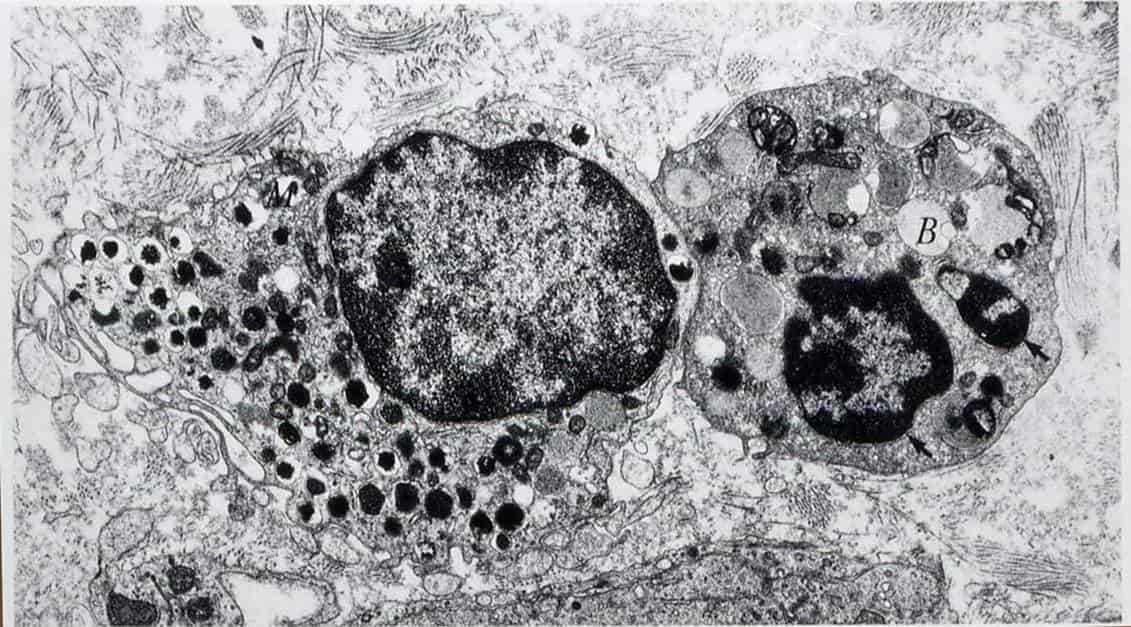
Biography
Biography: Per Goran Kruger
Abstract
Mast cells are not normally present in the unaffected human brain but were observed in the brains of MS-patients by Neumann 1890 (1).When applying appropriate procedures it was demonstrated that the numbers of mast cells in MS autopsies far outnumbered what has earlier been observed and that the distribution and aggregation along venules within the MS- plaque border zones made it highly probable that, if stimulated, the released histamine would count for the observed oedemas which are normally observed within MS-brains (2). Further on it was demonstrated that the numbers of mast cells in the plaque-borderzones of females are approximately doubled from that in males (3), which may explain the fact that females are more inclined to developing MS than males. Mast cells may be stimulated by various stress phenomenon (4). Further; the normal relapsing - remitting phenomenon in MS may be explaind by the fact that stimulated mast cells do survive and within weeks/months may fully reload (5). Stimulation (relapsing phase), time for reloading (remitting phase), and so on.

Recent Publications:
1. Neumann, J. (1890) Über das Vorkommen der sogenannten “Mastzellen” bei Pathologischen Veränderung des Gehirns. Archiv für pathologische Anatomie und Physiologie und für klinische Medicin. 122, 378 – 380.
2. Krüger, P.G. (2001) Mast cells and multiple sclerosis: a quantitative analysis. Neuropathology and Applied Neurobiology. 27, 275 – 280.
3. Krüger, P.G and Mørk S. (2012) Mast cells and multiple sclerosis in females and males. World journal of Neuroscience. 2, 145 – 149.
4. Pang, X. et al. (1998) A neurotensin receptor antagonist inhibits acute immo bilization stress induced cardiac mast cell degranulation, a corticotrophin- releasing hormone- depending process. J. Pharmacol Exp Ther Oct: 287(1), 307 – 314.
5. Krüger, P.G and Lagunoff, D. (1981) Mast cell restoration. A study of the rat peritoneal mast cells after depletion with plymyxin B. Int Arch allergy appl Immunol 65, 278 – 290.

